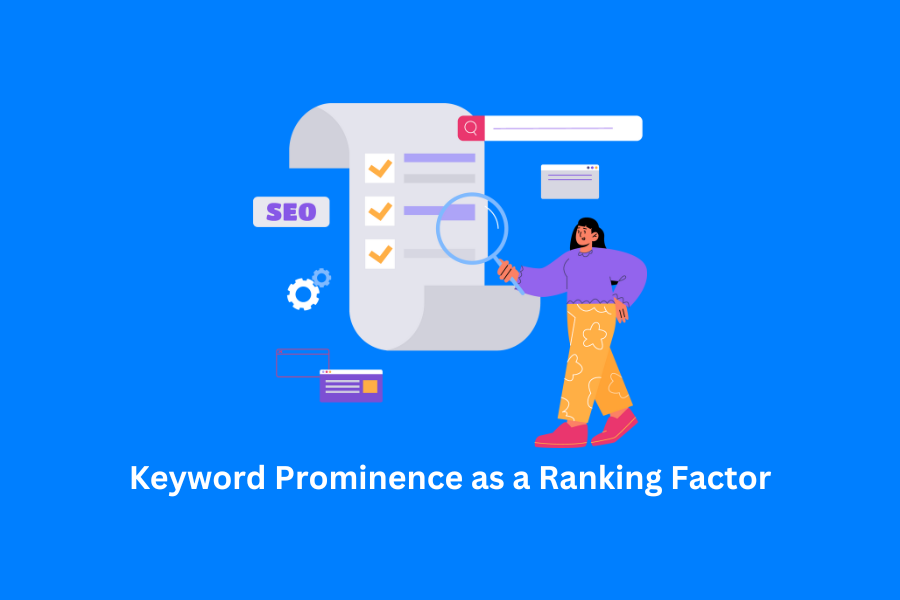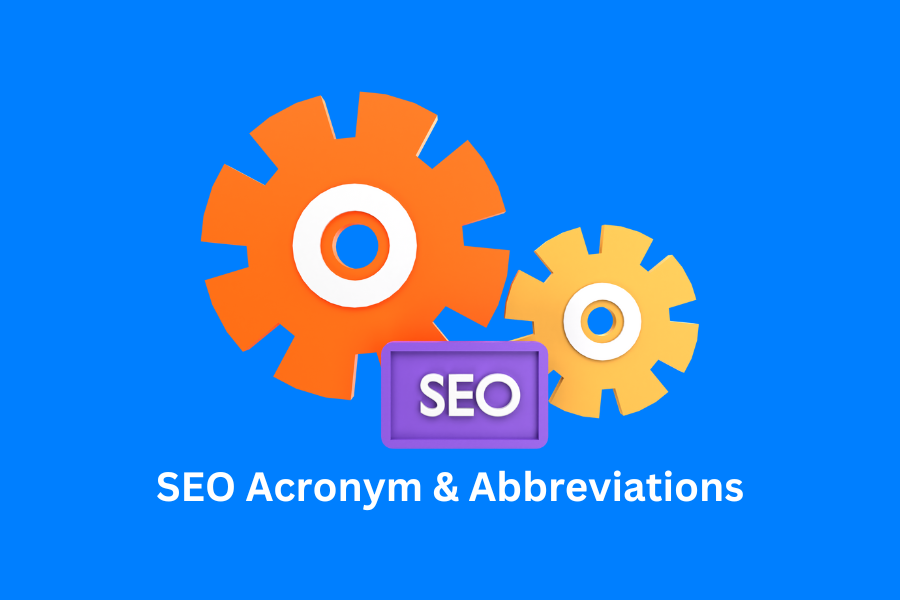Search Engine Optimization (SEO) is a critical component of any digital marketing strategy. It involves optimizing your website to rank higher in search engine results pages (SERPs), which in turn drives organic traffic. One of the foundational elements of SEO is keyword research, where you identify the terms and phrases your target audience uses to find your products or services. However, to truly harness the power of keywords, you need to go beyond simple research—this is where keyword mapping comes into play.
Keyword mapping is the process of assigning specific keywords to relevant pages on your website. It ensures that each page targets a unique set of keywords that align with both user intent and search engine algorithms. When done effectively, keyword mapping can significantly enhance your SEO strategy by improving both on-page optimization and user experience.
What is Keyword Mapping?
At its core, keyword mapping is about connecting keywords to specific pages on your website. Instead of randomly sprinkling keywords across your site, keyword mapping involves a strategic approach where each page is optimized for specific keywords.
This process ensures that each page on your site has a clear focus and is aligned with the search intent of your audience. For example, if you run an e-commerce website, you might map transactional keywords like “buy running shoes online” to your product pages, while informational keywords like “how to choose running shoes” could be mapped to your blog posts.
The ultimate goal of keyword mapping is to provide a seamless experience for both users and search engines. By aligning your keywords with user intent, you can ensure that your content meets the needs of your audience, while also helping search engines understand the relevance and structure of your site.
The Importance of Keyword Mapping in SEO
Keyword mapping plays a crucial role in several aspects of SEO:
- Enhancing On-Page SEO: By targeting specific keywords for each page, you can optimize title tags, meta descriptions, headers, and body content, ensuring that your on-page SEO is robust and effective.
- Improving User Experience: When your content is aligned with user intent, it naturally provides a better experience for your visitors. They find exactly what they’re looking for, which can lead to higher engagement and conversions.
- Helping Search Engines Understand Your Site: A well-organized keyword map helps search engines comprehend the relevance of each page. This improves your chances of ranking higher for relevant search queries.
- Avoiding Keyword Cannibalization: Without a clear keyword map, multiple pages on your site might end up targeting the same keywords, leading to keyword cannibalization. This can confuse search engines and dilute your ranking potential. Keyword mapping prevents this by ensuring that each page targets a unique set of keywords.
Steps to Create an Effective Keyword Map
Step 1: Conduct Keyword Research
Keyword research is the foundation of keyword mapping. Use tools like Ahrefs, SEMrush, or Google Keyword Planner to find relevant keywords for your business. Categorize these keywords based on search intent:
- Informational: Users seeking knowledge (e.g., “what is keyword mapping”).
- Navigational: Users looking for a specific website or page (e.g., “Google Keyword Planner”).
- Transactional: Users ready to make a purchase or take action (e.g., “buy SEO tools”).
Step 2: Analyze Competitor Keywords
Competitor analysis can provide valuable insights into which keywords are driving traffic to similar websites. Tools like Ahrefs or SEMrush allow you to see which keywords your competitors are ranking for, which can inform your own keyword mapping strategy.
Step 3: Map Keywords to Relevant Pages
Once you’ve gathered your keywords, start mapping them to the most relevant pages on your website. Identify primary and secondary keywords for each page. Primary keywords should be the main focus, while secondary keywords can support and provide context.
Step 4: Create New Content Where Necessary
During the mapping process, you may identify content gaps—topics that aren’t covered by your existing pages. In such cases, it’s important to create new content to target these keywords. This not only helps in keyword mapping but also enriches your overall content strategy.
Step 5: Optimize On-Page Elements
With your keywords mapped, it’s time to update your on-page elements. Ensure that your title tags, meta descriptions, headers, and body content all include the mapped keywords naturally. This will improve your chances of ranking higher in search results.
Step 6: Monitor and Adjust the Keyword Map
SEO is an ongoing process. Regularly review your keyword map and monitor the performance of your keywords using tools like Google Analytics or Search Console. Be ready to adapt your keyword map as search trends change or your content strategy evolves.
Tools for Keyword Mapping
Several tools can assist you in creating and managing your keyword map:
- Ahrefs: Provides in-depth keyword research, competitor analysis, and backlink data.
- SEMrush: Offers a comprehensive suite of SEO tools, including keyword research and site audits.
- Screaming Frog: A site crawler that helps with on-page SEO and keyword mapping by analyzing your site’s structure and identifying areas for improvement.
Using these tools effectively can streamline the keyword mapping process, helping you make data-driven decisions and optimize your site for search engines.
Common Challenges in Keyword Mapping
Keyword mapping isn’t without its challenges:
- Keyword Selection: Choosing the right keywords can be tricky, especially with high competition. Focus on a mix of high-volume and long-tail keywords to capture a broad audience.
- Multiple Pages Targeting Similar Keywords: If multiple pages are targeting similar keywords, it can lead to keyword cannibalization. Ensure that each page has a unique keyword focus.
- Long-Tail Keywords and Semantic Search: As search engines get better at understanding natural language, incorporating long-tail keywords and semantic search into your keyword map becomes increasingly important.
Keyword Mapping Best Practices
To ensure your keyword mapping is successful, follow these best practices:
- Keep the User in Mind: Always prioritize search intent and user experience. Align your content with what your audience is searching for.
- Regularly Update and Refine Your Keyword Map: SEO is not static. Continuously refine your keyword map to stay ahead of trends and algorithm updates.
- Avoid Keyword Stuffing: Focus on natural language and context rather than stuffing your pages with keywords. This will improve both user experience and search engine rankings.
- Leverage Internal Linking: Support your keyword mapping efforts with strategic internal linking. This helps search engines understand the relationships between your pages and distributes link equity across your site.
Conclusion
Keyword mapping is an essential part of any SEO strategy. By organizing your keywords and aligning them with specific pages, you can improve your website’s relevance, structure, and user experience. While it requires ongoing effort and refinement, the long-term benefits of a well-executed keyword map are undeniable. Implement keyword mapping as a foundational strategy, and watch your SEO performance soar.










